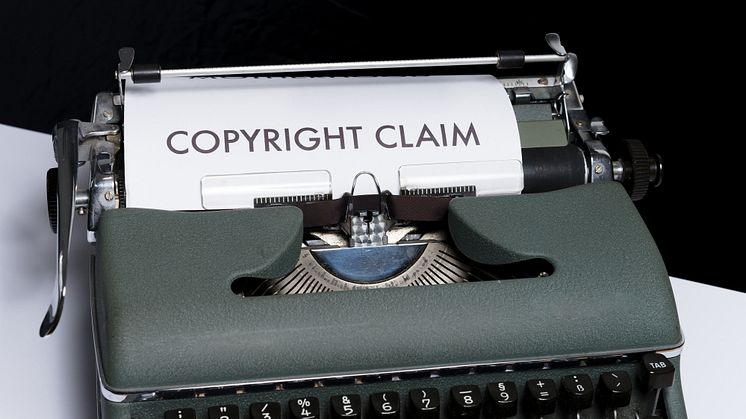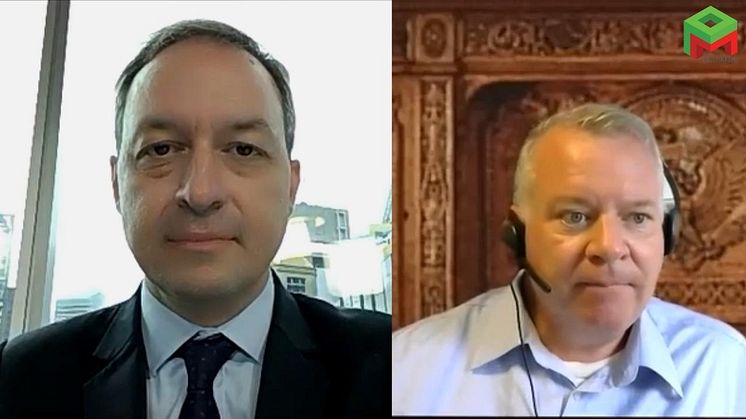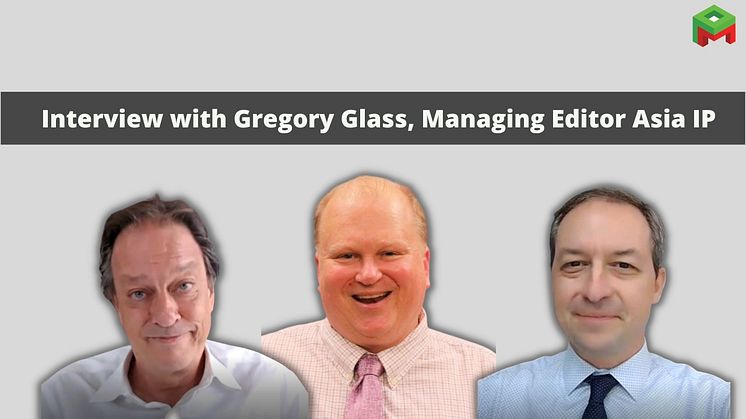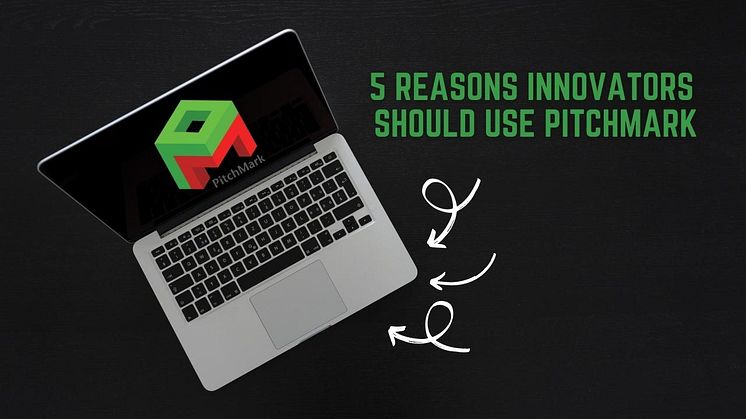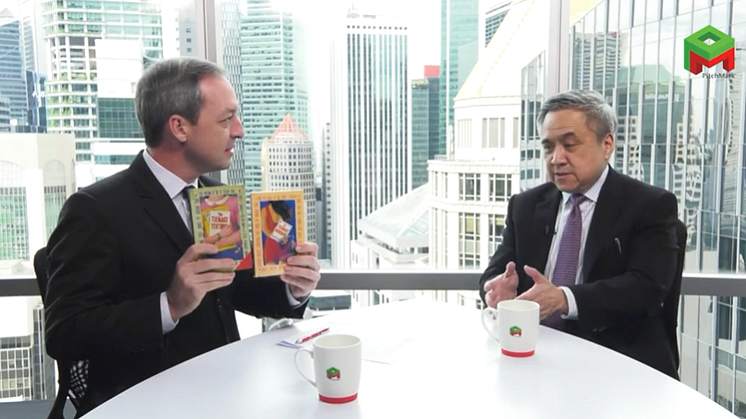
News -
What creatives and IP lawyers need to learn about one another
A partner and head of IP at TSMP Law Corporation, Adrian Tan brings a unique perspective to the field of IP law, since he first made his name as a creator of IP. As a young man in Singapore, he wrote the best-selling novels The Teenage Textbook and The Teenage Workbook. Through these early book deals, he began to understand intellectual property.
As a lawyer, Adrian now helps others protect their ideas. In this conversation, he shares more about what creatives need to learn about IP protection, and how lawyers can better understand the creative mindset.
If a creator’s art gets copied, he gets offended by the fact that the work he created is longer attributed to him but does not think from a business point of view in terms of lost revenues.
While an actor or a sportsman is focused on his core competencies, he hires a manager to handle business-related activities, the same holds true for creators who need to associate with IP lawyers to protect their ideas and in turn protect their revenues.
This session was first streamed for the 2021 World Congress of the International Association for the Protection of Intellectual Property. Known as AIPPI, it is the world’s leading non-profit association dedicated to the development and improvement of laws for IP protection, and PitchMark was the Platinum Sponsor for this year's World Congress.
PitchMark helps innovators deter idea theft, so that clients get the idea but don’t take it. Visit PitchMark.net and register for free as a PitchMark member today.

